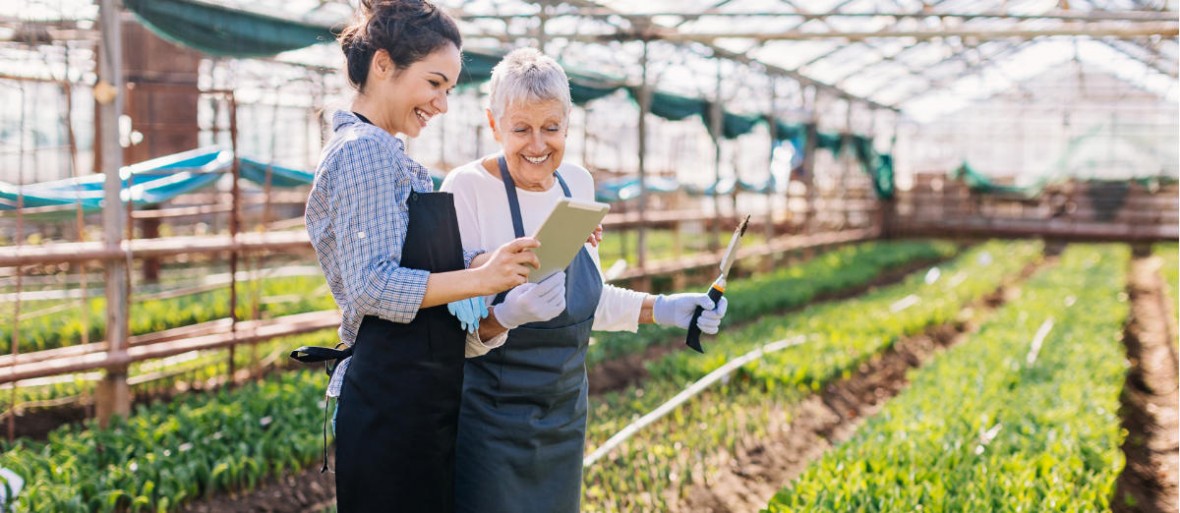There will be an urgency for much smarter ways to use and reuse the planet’s limited resources, like energy, food, water, and raw materials. That’s why more than 30 leading companies across 16 sectors recently came together in Switzerland to implement a circular economy approach through the World Business Council for Sustainable Development’s newest initiative, Factor10.
Through Factor10, the group is looking to reinvent the way that commerce produces, consumes and disposes of materials by breaking free of the "take-make-dispose" economic model to a circular model – one that is regenerative and sustainable by design. If their circular economy aspirations are successfully executed, then we collectively would no longer more ecological resources than we can renew over the course of one year.
As part of the EU’s circular economy approach, it has recently taken new strides toward eliminating disposable plastic packaging. It wants to ensure that all packaging is reusable or recyclable by 2030 and will undertake an impact assessment on options for taxing the use of single-use plastics. According to one official, the priority is to eliminate "single-use plastics that take five seconds to produce, you use it for five minutes, and it takes 500 years to break down again".
According to a 2015 report from Accenture, current business practices were anticipated to contribute to a resource shortfall that translates into $4.5 trillion of lost economc growth by 2030 and as much as $25 trillion by 2050. By conserving and recovering resources, business will be in a position to prosper.
"Surely, this (Circular Economy) is not a panacea for all environmental issues, but it is a step towards making a difference by being smart about finite resources by trying to close the loop and keeping the circulation of products and materials going for as long as possible," says Alisha Tuladhar of the University of Bath. "The rise of circular economy may just save us from the immense damage that is caused by plastic waste ending in landfills. While it is going to take ambitious goals and initiatives to change the status quo, this momentum gained by the concept of circular economy signals that we are heading toward a circular 2018 and beyond."
It’s clear that Europe has found that ambitious goals are necessary, and that bold, collaborative steps will be required to reinvent the way that supply chains work to preserve resources and support sustainability. The good news is that successful models of circularity are already at hand here in the U.S. This will help companies accelerate their journey to circular. IFCO’s RPCs have provided an example of successful reuse and sharing for 25 years, an approach proven to dramatically reduce costs and environmental impacts in perishables supply chains.
Stay up to date
Want the latest fresh food packaging industry knowledge delivered straight to your inbox? Subscribe to our newsletter and get the latest news, trends, articles and more!
